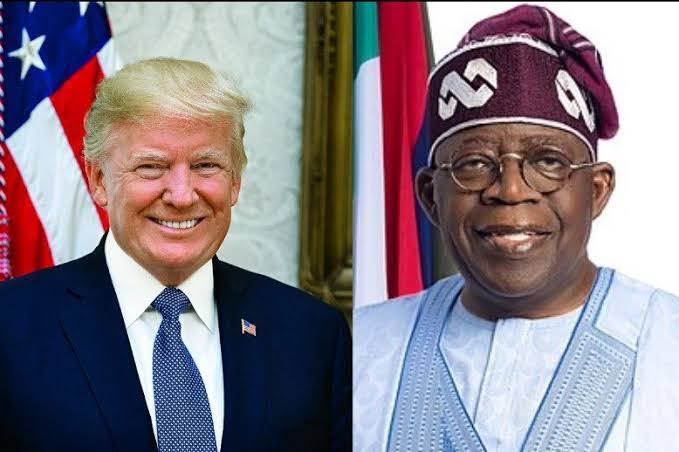The recent announcement of a 14% tariff on Nigerian exports to the United States has sent ripples of concern throughout the West African trade community. Salami Nasiru Alasoadua, a prominent voice in regional trade, emphasizes the need for a comprehensive reorganization of Nigeria’s, and indeed the continent’s, economic approach to mitigate the potentially detrimental effects of this new policy. He argues that a strong national economy forms the bedrock for regional and continental economic strength, enabling nations to weather external shocks like the imposed tariff. Alasoadua’s perspective highlights the interconnectedness of economic stability at various levels – national, regional, and continental – and underscores the vulnerability created when these levels are not robust.
Alasoadua’s call for reorganization goes beyond simply adjusting to the US tariff; it represents a broader call for strengthening intra-African trade and reducing reliance on external markets. He points out the significant role Nigeria plays in the ECOWAS trade landscape, representing 70% of the total trade volume. This dominant position, while showcasing Nigeria’s economic influence, also underscores the potential for increased intra-regional trade. By bolstering trade within ECOWAS, member states can lessen their dependence on volatile international markets and create a more resilient economic ecosystem. This shift towards regional self-reliance, Alasoadua suggests, is not merely a reaction to the US tariff but a strategic move towards long-term economic stability and growth.
The challenges impeding the realization of this vision are multifaceted. Alasoadua identifies transit levies imposed along trade corridors as a key obstacle. These levies increase the cost of goods, making intra-regional trade less competitive and hindering seamless movement of commodities across borders. Addressing these bureaucratic and logistical hurdles is crucial to unlocking the full potential of intra-African trade. He further highlights the need for improvements in infrastructure and security. Poor infrastructure, ranging from inadequate road networks to insufficient port facilities, adds significant costs to trading activities and limits the efficiency of regional trade flows. Similarly, insecurity, manifesting in various forms like banditry and cross-border conflicts, disrupts trade routes, discourages investment, and creates an unstable environment for business to thrive.
Alasoadua’s concerns resonate with broader discussions on African economic development. The reliance on raw material exports and the lack of value addition within the continent have long been identified as weaknesses. By promoting intra-African trade, countries can focus on developing local industries, adding value to their raw materials, and creating a more diverse and robust economic base. This diversification would not only reduce vulnerability to external shocks but also create more jobs, stimulate innovation, and foster sustainable economic growth. The US tariff, while presenting a challenge, can also serve as a catalyst for introspection and a push towards a more self-reliant economic model.
Beyond the immediate impact of the tariff, Alasoadua’s perspective underscores the importance of long-term strategic planning in trade policy. Reacting to external pressures is necessary, but it is equally crucial to proactively build resilient economic systems. This includes investing in human capital, improving infrastructure, promoting technological innovation, and fostering a business-friendly environment. By addressing these fundamental issues, African nations can position themselves for sustainable economic growth and reduce their reliance on external factors. The reorganization Alasoadua advocates for is not a quick fix but a fundamental shift in approach – a move towards a more integrated, diversified, and ultimately more resilient African economy.
The current situation presents an opportunity for African nations to reassess their trade strategies and prioritize regional integration. Alasoadua’s call to action serves as a reminder that economic strength is built from within, starting with a strong national foundation and extending outwards through regional cooperation. By addressing the challenges of transit levies, infrastructure deficiencies, and insecurity, African nations can unlock the full potential of intra-African trade and create a more prosperous and sustainable future. The US tariff, while posing a challenge, can also be viewed as a catalyst for change, prompting African nations to embrace a more self-reliant and resilient economic model.














